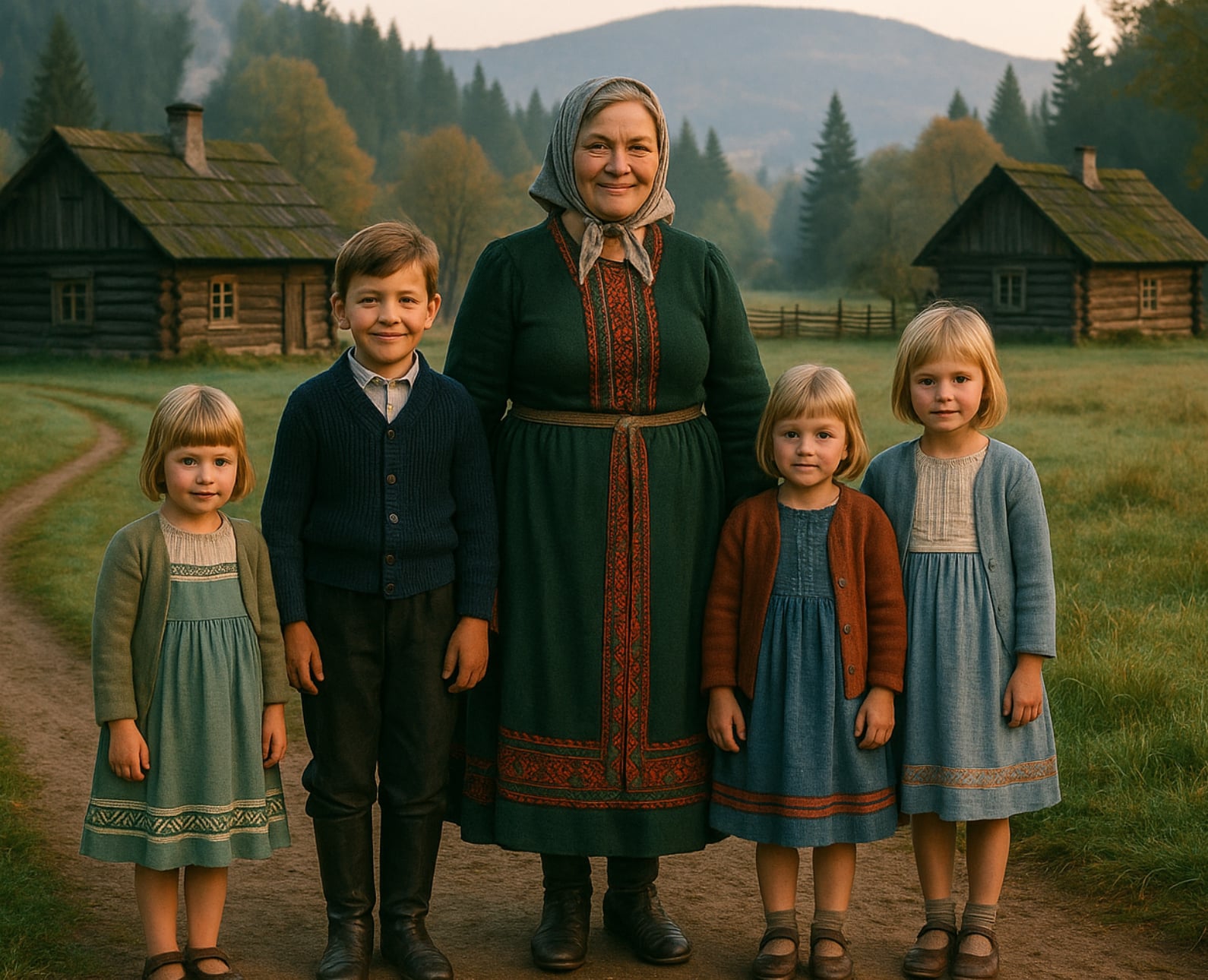When Nathan slammed the door that last time, I didn’t cry.
I didn’t scream or plead like the women in movies. I simply stood there, barefoot on the cold tile floor, holding the final notice from the power company in one hand and our baby in the other, while my three other children clung to my legs, too young to understand what had just broken.
Nathan was gone. And with him, the only steady income, the family car, and every ounce of illusion I had about love. What he left behind was crippling debt, an eviction notice, and a voicemail from a woman named Sierra who cheerfully thanked me for “letting him go.”
For weeks, survival became my full-time job. I cleaned houses during the day and baked bread at night to sell at the corner store. I bartered my last jewelry for diapers and leaned heavily on my elderly neighbor, Mrs. Ashby, who taught me how to stretch lentils into three different meals. My kids never saw me cry. Not once.
One rainy Thursday, while mopping floors at a local music conservatory, I heard a soft melody floating down the hallway. I followed the sound like a thread in a dream, until I found a little girl—barely older than my own eldest—playing a violin with trembling hands. Her mother, a janitor like me, apologized and said the girl was practicing while she finished up her shift.
“You can’t afford lessons?” I asked. The woman shook her head. “No.”
Neither could I. But an idea sparked.
That night, I returned with my kids and asked the director if I could clean for free in exchange for short music sessions for my children—just exposure, even once a week. I expected a hard no. Instead, he paused and asked, “What instruments?”
Over the next year, my children found themselves through music. My oldest, Sam, took to the cello like he was born with it. Ella’s fingers danced on piano keys like they belonged there. Jonah surprised everyone with his natural rhythm on the drums, and baby Rosie—well, she sang before she spoke.
I built a small side business teaching other low-income kids what I learned secondhand: rhythm, resilience, and joy. Local families joined. Donors followed. And one day, a woman from the city’s cultural department handed me a grant check that brought me to my knees.
Five years later, I stood in the same hallway where I first heard that violin, not as a janitor, but as the founder of The Phoenix Arts Collective—a center offering free music education to children who needed not just notes, but hope.
Nathan never came back. Not even once. And that’s okay.
Because in the ruins of what he left behind, something far more beautiful rose.
Not a fairy tale.
But something better.
A sunrise I never dared to dream of.
